The Anthropological view on Religion, The Supernatural and Magic : Part 2
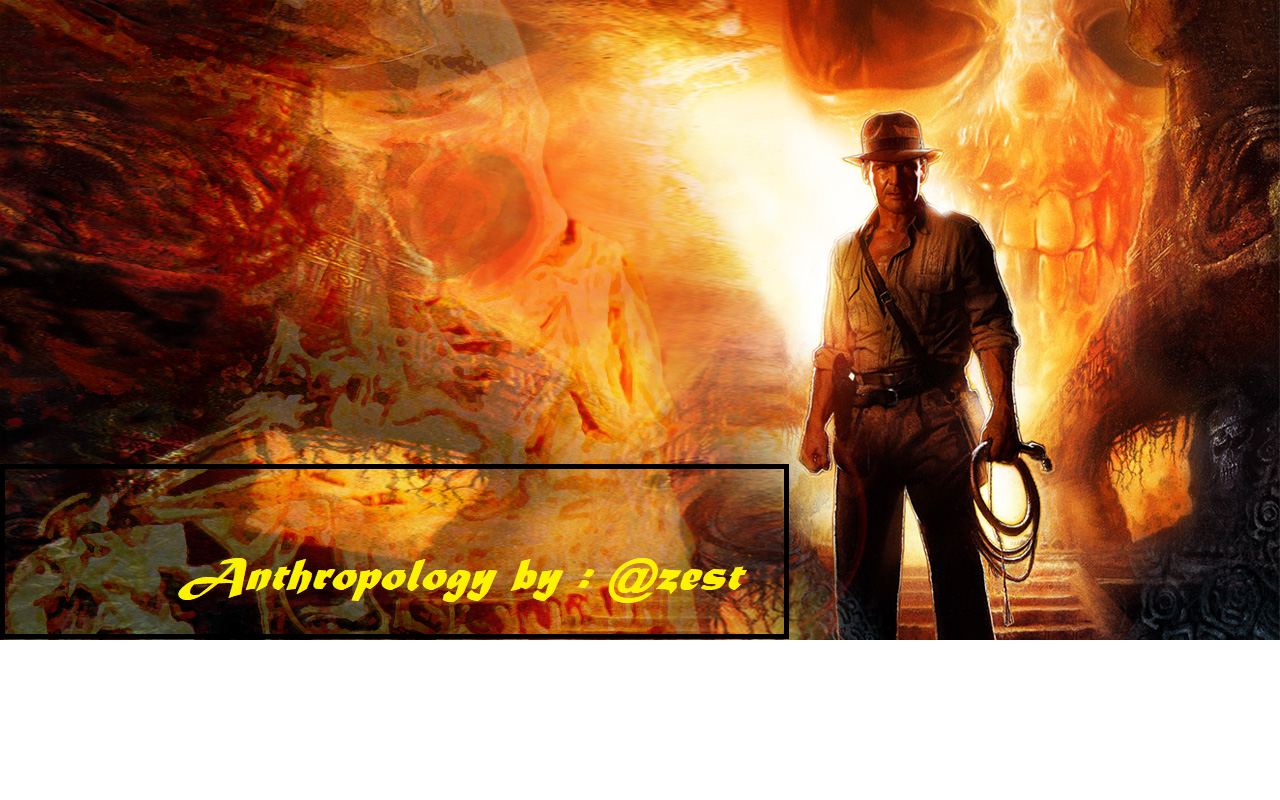
Disclaimer
It is not the aim of anthropological study to obtain factual knowledge of supernatural beings or powers. The aim, instead, is to understand the great variety of conceptions of the supernatural within the context of particular systems or communities. Anthropologists will unavoidably be influenced by their own beliefs and their own conception (or denial) of supernatural. It is, however, their task to understand any religious system in terms of its meaning for its adherents.
The Anthropological view on Religion, The Supernatural and Magic : Part 2
The Supernatural
The term "supernatural" needs qualification. John Beattie remarks that the trouble with distinctions such as those between "natural" and "supernatural" is that they represent a subjective view of other sociocultural systems, namely, attributing to other cultures the categories that are characteristic of western society. Although the concept "supernatural" is clear to many English speakers, it is often foreign to other languages in the sense that there is no equivalent term for it in such languages. In many languages, the term "supernatural" is thus translated by means of combinations of words in order to make it even vaguely understandable.
What is considered supernatural - powers believed to be not human or not subject to the laws of nature - varies from community to community. Some of this variation is influenced by what people in a community regard. For example, some illnesses that many of us are familiar with are believed to result from the natural action of bacteria and viruses. However, in communities across the world and even among people in our own context, illness is thought to result from supernatural forces and, as such, are part of a specific religious belief system.
Such sets of belief also vary over time within a community or society. For example, in the biblical-Christain tradition, floods, earthquakes, volcanic eruptions, comets and plagues/epidemics were considered evidence of an angry God intervening in human affairs. Nowadays it is generally accepted that these are simply natural occurrences - even though some believe that supernatural forces are still involved .
The so-called "western worldview" has often been explained in terms of a triangle in which a clear distinction is made between humans, nature (the natural) and the supernatural:
Although these three components are also present in other worldviews, they do not form a triangle of three different categories; in other words, a sharp distinction is not drawn between them. As Robert Redfield has said:
"The triangle of man, nature, God is originally no triangle at all"
This means that, while non-western peoples are conscious of what is described in western thought as humans, nature and the supernatural, they do not always distinguish between the last two categories but instead tend to see them as a unity.
Note that, we use the dinstinction between humans, nature and the supernatural purely for analytical purposes.
Ideas and perceptions that people have about the supernatural include the following:
Spirits of the dead
Belief in the continued existence of humans after death is widespread. Conceptions regarding life after death vary according to the views about the nature of humans found in different communities. Sometimes, as in the case of many more tradionally inclined black people in Southern Africa, there is a vague idea of a distinction between a person's body, spirit, and what is sometimes called his or her shadow. There is also the idea that the spirit or shadow may leave the body temporarily during sleep, and at death permanently, for the spirit world. Among people of the world there is often a common belief that a person has a spiritual element besides his or her physical or biological makeup. But among most people, views about the exact nature of the spirtual element or elements are often vague, including among people with otherwise quite complex religious systems. Nonetheless, it is fair to say that most human communities believe that the dead continue to exist in one form or the other.
The reference to "spirits" in the caption of this section is, for want of a better term, because the part or aspect of humans that is believed to survive after death is sometimes referred to as a spirit, or a soul. Very often, this part is beieved to be immortal.
About the ability of the dead to communicate with or to influence the living, beliefs vary. Religious practices such as spiritism and the ancestor cult are based on the belief that the dead have the power to influence the living.
People who practise ancestor cults generally believe that the dead:
- have greater powers than the living
- are omniscient (have unlimited knowledge) as far as the living are concerned
- can influence the wellbeing of the living
Usually, however, their influence is believed to be limited to their close kin. The kind of influence that they are believed to exercise includes the sending of prosperity or of misfortune in the form of ill-health, damage to property by means of lightning, all kinds of losses, misfortune at work, and so forth.
Good relationships with the ancestors are considered to be essential and are maintained by means of rituals performed within kin groups. In many traditional communities, these rituals usually include the killing of an animal such as an ox or a goat, libations of beer, and the invoking of the ancestors.
Beliefs concerning the dead are closely related to kinship systems and this has to be kept in mind if we wish to understand practices in connection with the dead.
The Supernatural in nature
We have already referred to the fact that not everybody distinguishes humans, nature and the supernatural as completely different categories. People from some sociocultural systems believe that these merge or overlap, and that the supernatural is present in natural phenomena.
John Beattie claims that the merging of the natural and the supernatural in the cosmology of such communities have no way of controlling natural phenomena and diseases. According to Beattie, if humans have no way of controlling phenomena, they tend to spiritualise them. They ascribe quasi-human (seemingly human) attributes to such forces in an attempt to come to some kind of agreement with them - by invocation and sacrifice.
There are several ways of spiritualising natural phenomena.They may be believed to be inhabited by spirits, for example, the spirits of the dead, or they may be regarded as gods.
The ancient Greeks believed in various gods who were closely identified with specific parts of nature. The god Zeus was believed to live on mount Olympus, and the clouds, lightning and thunder were the signs of his presence. Poseidon was the god of the sea. Sailors invoked him with hymns at the beginning of a voyage and appeased him prayers and sacrifices at the approach of a storm. Apollo was the god of the earth, the patron god of healing, eloquence, poetry and music. These three gods, Zeus, Apollo and Poseidon, represented heaven, earth and the sea and formed the great triad of the Greek pantheon.
Likewise, the religion of the Norsemen, the ancient inhabitants of Scandinavia, consisted of the belief in various gods that were the personified powers and phenomena of nature. So, for example, there was a god of the sea, a god of the hills, and so forth. The thunder was the rattle of Thor's chariot, the lightning the flash of his hammer, the wind was Sleipnir, the horse of Odin, the dew was foam from the bit of the horse of Night.
Association of natural phenomena with supernatural beings occurred in many of the other great religious systems of the past (eg in the religion of the ancient Eygptians, where the sun was identified with the god Ra).
Natural phenomena and supernatural beings are also associated in present-day Hinduism, where the sun, the moon and the seven planets are regarded as gods that influence the lives of people. Each of these navagraha (planets) dominates the life of the individual for a certain period. Curiyan, the sun, dominates the world scene for six years and during this period human life is unstable. Then follows Sanderin (the moon) that again dominates the world scene for 16 years, and in this way each of the planets in turn influences human life. when a child is born, the pancankam (Tamil calender of the stars) is consulted to find out which planet dominates the world scene, so that rituals can be performed that will neutralise the influence of a planet that has been personified as malevolent. Apart from the nine "planets" there are twelve stellar (star) constellations (racis) that determine a person's character at birth. If, by consulting the pancankam, it is found that a person's life is dominated by a malevolent raci, rituals are performed to neutralise the influence.
The examples given above are an indication of the close relationship between religious ideas and natural phenomena. The natural environment is therefore not only important for peoples' material and technological system, but also for their religious system. Usually, the more they directly depend upon, or are subject to, the influences of the natural environment, the greater the influence of the natural environment on their religion.
The end of Part 2....
Thank you for reading.
Images are linked to their sources in their description and references are stated below.
Authors and Text Titles
Wessels 1984: Tamil-hindoes
Beattie 1964: Other Cultures
Robert Redfield: The primitive world view
CR Ember 2005 : Anthropology 11th Edition
WA Haviland 2008: Anthropology: The Human Challenge 12th Edition
BA Pauw 1970: Religion and magic
AFC Wallace 1966: Religion: An anthropological view
Thank you @foundation for this amazing SteemSTEM gif


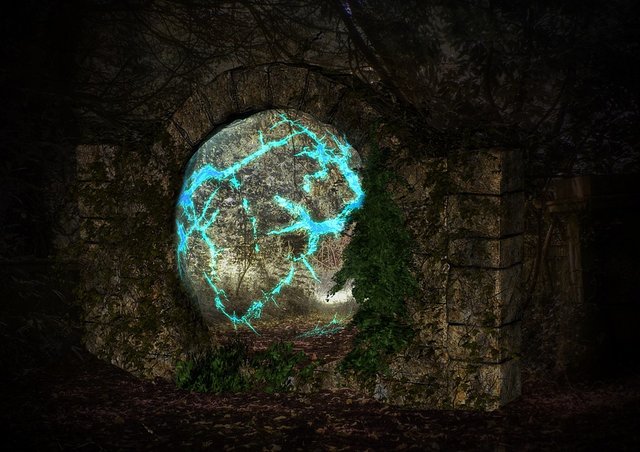
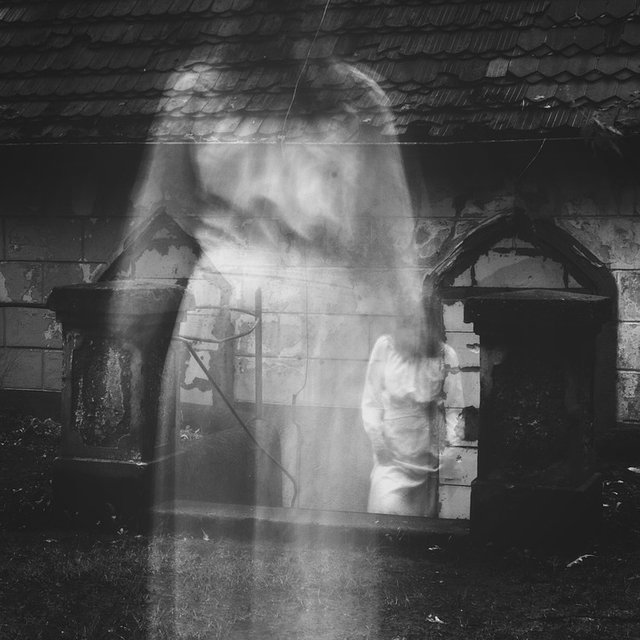
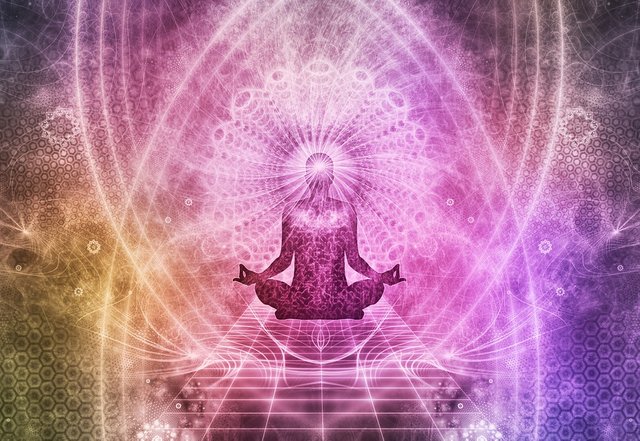

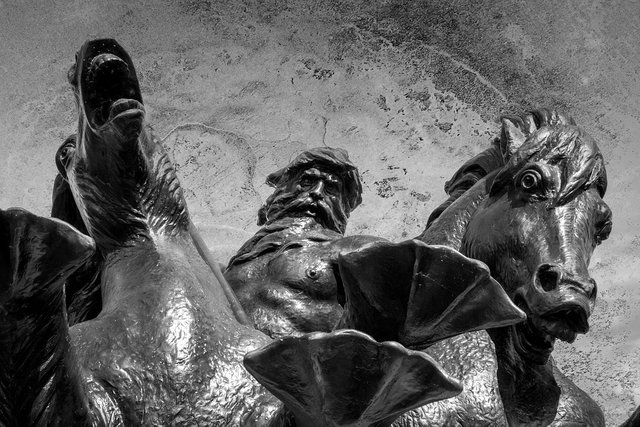
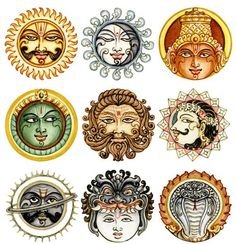
Humankind! Always searching for answers. What is noteworthy and perhaps not as unexpected, is our humanity is bound by a common set of questions, though our answers may vary. Perhaps it is our different experience and perspective.
Really well said!!
Thank you for great comment and support:)
I trully have nothing to say about this post other than “extraordinary”. The part you discuss the ‘Supernatural in Nature’ interests me very much as it reminds me of the religion of the afro-brazilians, which nowadays has its many variations almost ubiquitous in the country. I am fascinated by the socio-cultural aspect of it! Incredible post @zest 😘❤️
I am left humbled and speechless:)
Thank you my dear abi:)
As a professor of religion who works closely with an atheist anthropology professor, I'm particularly interested in your posts on this topic.
From my perspective, I see these beliefs and immediately ask the question, "why are there so many similar beliefs scattered around the globe?" For instance, why do the Aboriginals of Australia believe in totems, and we find totem poles in America's Pacific Northwest region? Why are there pyramids scattered all around the world with similar religious and societal functions? Why are there so many similar myths and flood legends? Why are there so many legends about a cosmic/divine serpent that offers to teach mankind about wisdom? It seems to me these stories have a common origin that spread with the migration of people. I'm looking forward to your follow-up posts in this series.
Hi @poimenpost:)
I would firstly like to say it is an absolute pleasure to meet you:)
And truly would love to have a one on one conversation and pick your mind
All of the questions that you have mentioned above that you ask yourself are the exact same questions I ask myself which is what actually led to me leaving my previous career in brand development and actually start my journey to discover the answers to these questions, I wish I could tell you that I have made some headway into these mysteries but unfortunately not as yet, and I say "as yet" as optimistically as I can say it.
Hopefully we will be able to find the answers that we both seek so much :)
Thank you for the great comment and support.
I hope to be in contact.
It's nice to "meet" you too, @zest! The desire to understand the world is a peculiar thing, isn't it? I have a theory which might interest you, but it is much too long to explain in a reply here. It might make for a good future post, though 😎
Perhaps we can bounce ideas off of each other and find those answers we seek.
I can't express to you how eager I am to read that post!!!
I love it!!! Awesome stuff!!
This is going to be brilliant:)
I had never realized that there wasn't an equivalent to the word "supernatural" in other languages. Considering all of the different religions, mythologies, and viewpoints that are spread across our world, that should have been something that I thought of long before now. (I had it in my mind that the definition of what was supernatural was simply different through the different socities.)
The various ways that this worlds' cultures formed religions, beliefs, explanations, and their rituals could are fascinating! Uses of an oral history combined with what was occuring in their natural world to try and create order and understanding are often simply labeled as primitive and left at that by Western societies. That quick label doesn't serve any sort of justice to the processes each religion underwent to become what they are. None were flash in the pan, overnight fancies. These beliefs took ages to form and become as vibrant and complex as they are.
I'm thrilled that you are writing about this topic!! Thank you! (Even if there are less sheep facts!)
On of my favorite classes was an anthropology religion class where we looked at a different religion each week. My professor enjoyed talking about religions most people haven't heard of. From that class utopian societies were my favorite but Haitian religion was also really interesting. I would love to do a study on Jediism...religious ideas based off of Star Wars. A lot of the new groups that pop up and why they form is a personal interest of mine.
Personally, it is one my favourite topics as well but also may be the most difficult topic to totally get a full understanding of. As a user commented above that there so many similarities that religions across the world have but yet it stills leaves us with voids with the actual starting point.
I personally have always intrigued with the Deity "Shiva" in Hinduism. There is actually a statue of the Deity outside Cern just out of interest:) so I thought may be it is supposed to mean some hidden message from Cern.
So, I asked a friend that works there if there is any sort of like conspiracy message behind it trying to fuel my fascination with conspiracy theories, and he told me it was just a gift from India. (lol)
Your post has been personally reviewed and was considered to be a well written high quality article!
You received a 20% upvote since you are not yet a member of geopolis.
To read more about us and what we do, click here.
https://steemit.com/geopolis/@geopolis/geopolis-the-community-for-global-sciences-update-1
If you do not want us to upvote and comment on your posts concerning earth and earth sciences, please reply stop to this comment and we will no longer bother you with our love ❤️
oh man , I always enjoy reading your posts .
Thank you, I really enjoy your posts as well.